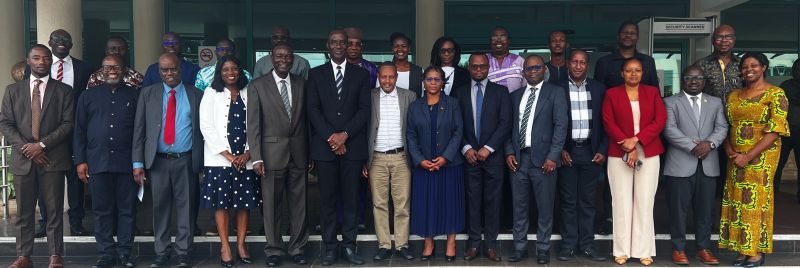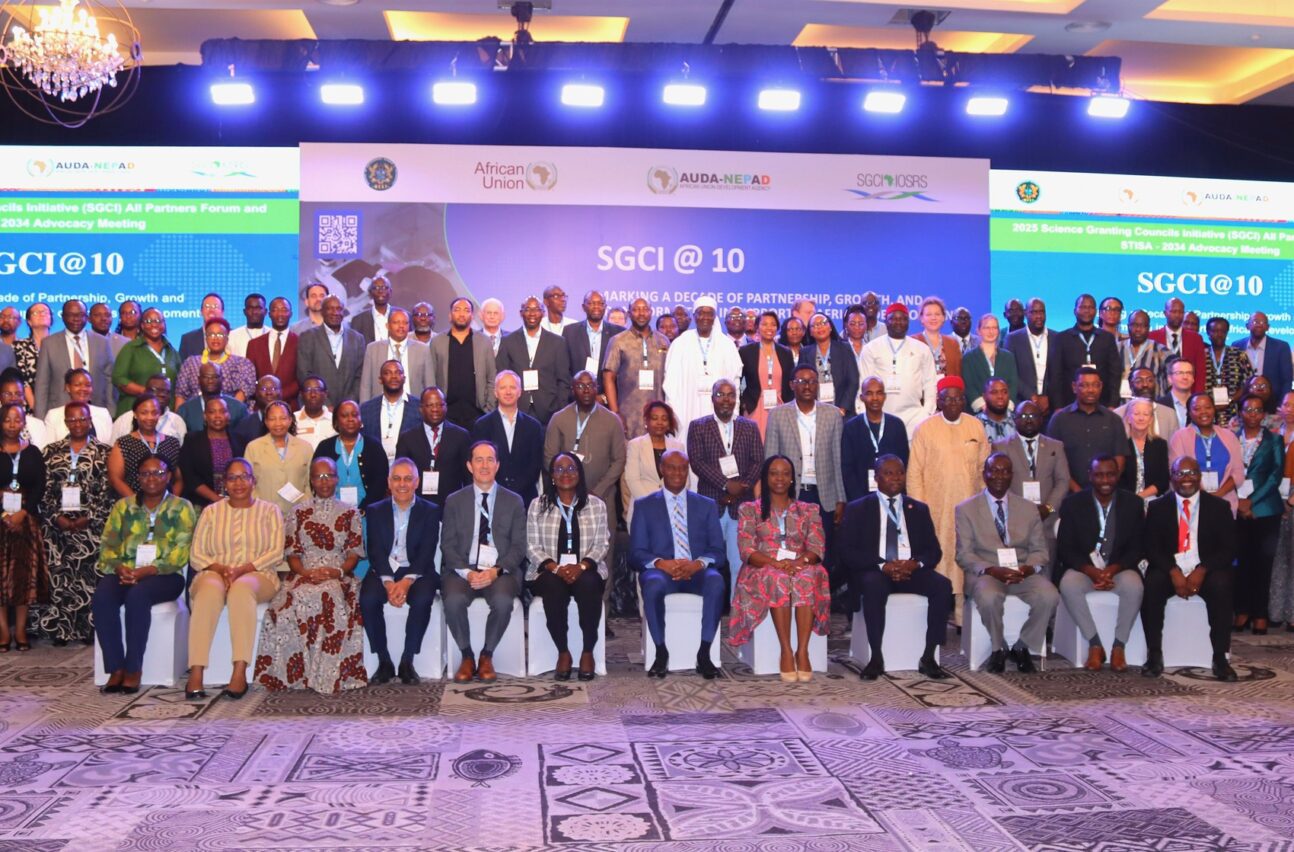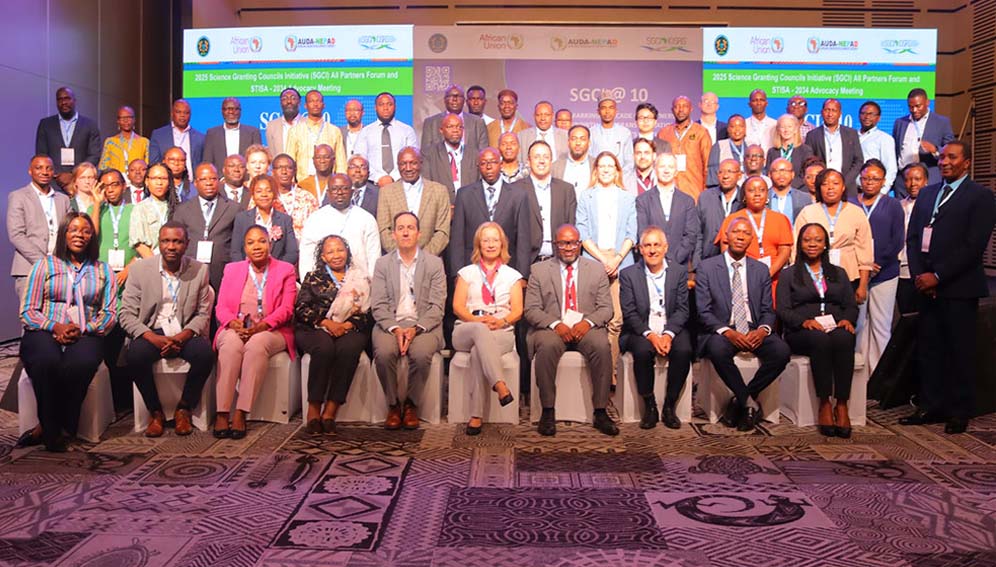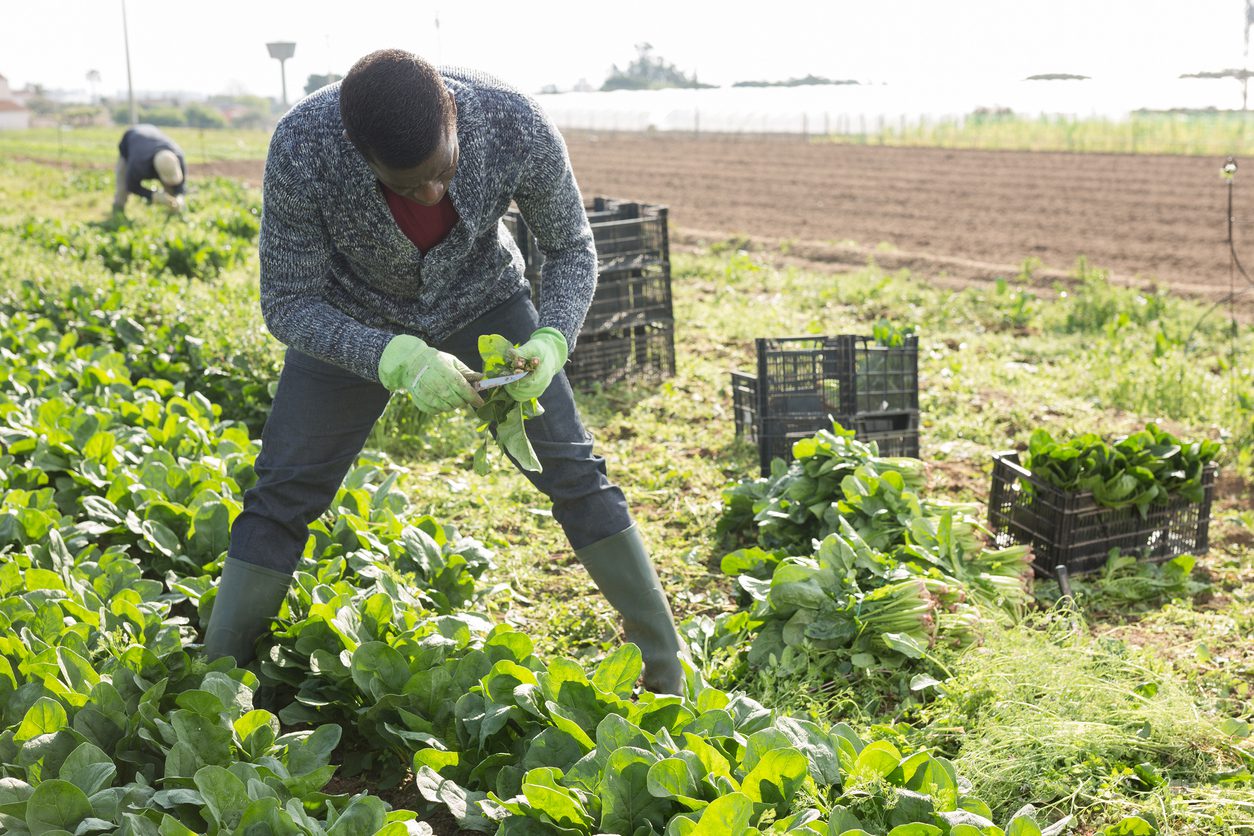Report

Charting Africa’s STI Transformation
Insights from the SGCI STISA-2034 Consultative Workshop Africa’s science, technology, and innovation (STI) landscape is evolving, with increasing focus on coordinated and strategic approaches to support both national and continental development. Aligning national priorities with continental frameworks may strengthen governance, enhance institutional capacity, and foster collaboration across countries. Within this context, the Science Granting Councils…

STISA 2034: How Africa’s SGCs are Leading the Way
Africa stands at a defining moment. The African Union’s Science, Technology and Innovation Strategy for Africa 2034 (STISA 2034) sets out a bold vision for socio-economic transformation through science, technology and innovation (STI). This framework seeks to tackle the continent’s pressing development challenges and guide the advancement of STI across Africa. At the heart of…

Accra communique from SGCI
Communique on the Commitment of the Science Granting Councils Initiative in Sub-Saharan Africa (SGCI) to effectively contribute to the Implementation of the African Union Science, Technology and Innovation Strategy for Africa 2034 (STISA 2034). DOWNLOAD NOW

Assessing research management needs across Africa
A needs assessment is a vital process that identifies gaps between current practices and desired outcomes. It helps organisations overcome challenges by setting priorities and allocating resources effectively. In the context of research and grants management in Africa, this ensures improved efficiency, better decision-making, and long-term impact for institutions supporting scientific advancement across the continent.…

Empowering research and innovation in Malawi
A collaborative research project was conducted in Malawi under the Science Granting Councils Initiative (SGCI). The initiative focused on strengthening the management of research competitions and research on emerging technologies and development. Specifically, it aimed to enhance the capacity of Malawi’s National Commission for Science and Technology (NCST). The project, implemented from 2021 to 2023,…

Toolkit for the systemic review of science, technology, and innovation policy
The Evi-Pol Toolkit for the Systemic Review of Science, Technology, and Innovation Policy is a practical resource. It is made to support African science granting councils and policymakers in conducting comprehensive, evidence-informed reviews of national STI policies. Produced as part of the Evi-Pol project under SGCI Phase II, the toolkit reflects a participatory approach to…

